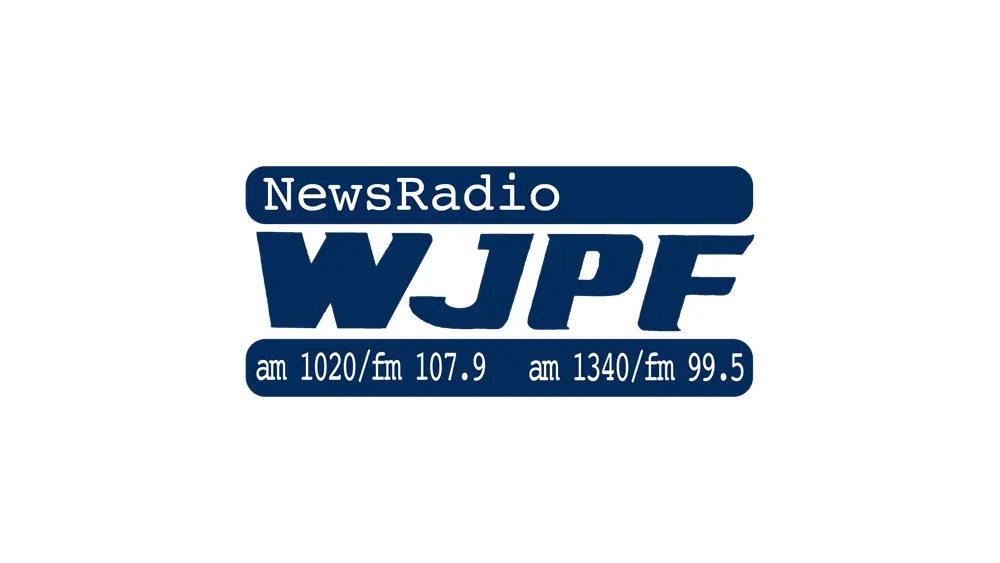SPRINGFIELD, Ill. (IRN) — Lawmakers in an Illinois House committee are picking up on things the previous General Assembly attempted to address but was sidetracked last year by COVID-19.
Stories boiled over throughout 2019 about corruption at the statehouse. Stories include a lawmaker wearing a wire catching another lawmaker in an alleged bribe, to other officials having their offices raided by federal investigators.
There is also the ongoing federal investigation of the case utility Commonwealth Edison admitted to where the company said it paid $1.3 million in contracts and jobs to associates of former House Speaker Michael Madigan, D-Chicago. Madigan has not been charged with a crime and has denied wrongdoing.
Efforts to address how to stem unethical behavior in early 2020 were derailed amid the pandemic. Monday, the Illinois House Ethics and Elections Committee heard about the varying degrees of several ideas.
One proposal would prohibit lawmakers leaving the legislature and immediately working as a lobbyist. Reform For Illinois Executive Director Alisa Kaplan said the prohibition should be at least one year, if not two.
State Rep. Ann Williams, D-Chicago, questioned the logic when discussing issues lawmakers are passionate about.
“It’s almost as if the fact that I’ve built up knowledge and contacts and expertise in a particular area has to be frozen in time because it’s somehow undue when really isn’t it just me becoming qualified to do a certain job,” Williams said.
Despite legislators’ passions, without a revolving door prohibition, Kaplan said motives can be questioned.
“The public shouldn’t be in the position having to wonder every time whether that person was paying attention to a potential employer or whether they were paying attention to the public interest,” Kaplan said.
State Rep. Marcus Evans, D-Chicago, pushed back Monday on some of the suggested prohibitions on the so-called revolving door. He said his “rich colleagues” are not seeking employment after they leave office.
“The issue becomes this policy is created to specifically impact someone, an individual that is going to get employment after the General Assembly,” Evans said. “And that’s disproportionately going to affect African Americans, women and minorities, that is a reality.”
Chicago Board of Ethics Executive Director Steve Berlin wanted to be clear about the proposal.
“The post-employment ban here is only on lobbying,” Berlin said. “It in no way inhibits former legislators, members of the General Assembly from taking a job.”
Another area the hearing focused on was economic disclosure forms. Another focused on the definition of lobbying. The ACLU of Illinois cautioned lawmakers to not make the definition of lobbying so broad that it wraps in any taxpayer that contacts their legislators.
Lawmakers didn’t act on any bills and scheduled another hearing about conflicts of interest, the Legislative Inspector General and Ethics Commission.
By GREG BISHOP for the Illinois Radio Network











